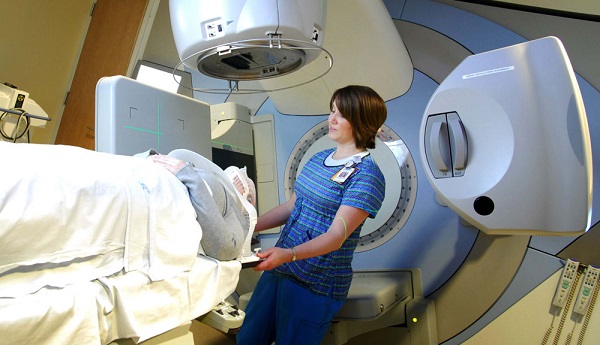Hormesis is a characteristic of many biological processes, namely a biphasic or triphasic response to exposure to increasing amounts of a substance or condition. Within the hormetic zone, the biological response to low exposures to toxins and other stressors is generally favorable.
Hormesis has been observed in a number of cases in humans and animals exposed to chronic low doses of ionizing radiation.
 A new publication by Korean researchers discusses the current state of treatment for Alzheimer's disease, focusing on pharmacological and non-pharmacological approaches. It mentions that only four drugs (donepezil, rivastigmine, galantamine, and memantine) have been available to Alzheimer's patients. Yet, the improvement in neurological function is almost 0%, and it only slows the rate of cognitive deterioration. A new drug called aducanumab, targeting Aβ plaques, has been approved by the U.S. FDA, but its efficacy and accessibility are debated due to unclear clinical results and high costs.
A new publication by Korean researchers discusses the current state of treatment for Alzheimer's disease, focusing on pharmacological and non-pharmacological approaches. It mentions that only four drugs (donepezil, rivastigmine, galantamine, and memantine) have been available to Alzheimer's patients. Yet, the improvement in neurological function is almost 0%, and it only slows the rate of cognitive deterioration. A new drug called aducanumab, targeting Aβ plaques, has been approved by the U.S. FDA, but its efficacy and accessibility are debated due to unclear clinical results and high costs.
An alternative approach, low-dose radiation therapy has gained attention after a case report described significant improvement in a patient with advanced Alzheimer's disease who underwent computed tomography (CT) scans of the brain five times. Recently, several preclinical studies based on mouse models revealed a significant reduction in Aβ plaques with low-dose radiation therapy, and low-dose radiation therapy induced the upregulation of pre-and post-synaptic molecules in the brains of Alzheimer's disease mouse models.
For example, a recent study showed that low-dose radiation therapy seems to reduce the levels of pro-inflammatory cytokines in animal models of Alzheimer's disease. Therefore, several pilot studies or clinical trials investigating the effect of low-dose radiation therapy on humans have been launched. Most recently, researchers at Virginia Commonwealth University (VCU) published positive pilot study results showing that four of five patients diagnosed with early Alzheimer's disease experienced improved or stable cognition after treatment with low-dose radiation therapy.
The Korean scientists describe an ongoing clinical trial aiming to explore low-dose radiation therapy as a treatment for Alzheimer's disease. The trial involves evaluating the safety and effectiveness of this therapy and determining appropriate dose schedules. The clinical trial is multicenter and randomized, with patients being divided into different treatment groups.
The study involves rigorous screening tests, including neurological examinations, cognitive function tests, and various imaging and laboratory tests. Eligible patients will receive low-dose radiation therapy in either 6 fractions of 4 cGy or 6 fractions of 50 cGy, while a control group will receive sham irradiation.
The clinical trial aims to evaluate cognitive improvement of at least 5% as an effective response. This would be a huge improvement over existing medications for Alzheimer's disease.
